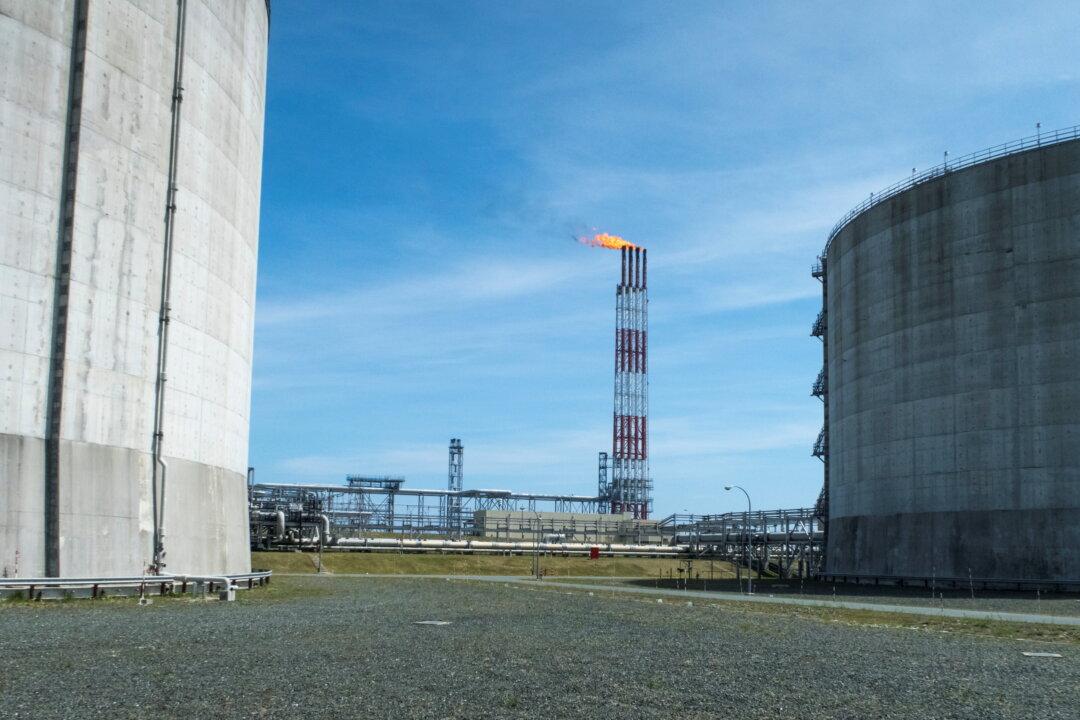A March report from environmentalist group RePlanet is pushing for an immediate halt to imports of Russian oil, natural gas, and coal by European countries, arguing that major policy shifts could rapidly end that dependence.
While the European Union has pledged to phase out Russian fossil fuel imports by 2027, RePlanet campaigners are aiming to accelerate that timeline through various measures, including the reactivation of shuttered nuclear plants, the reduction of heating in buildings, the fast-tracking of new wind and solar energy, and outright prohibitions on certain forms of travel within Europe.





